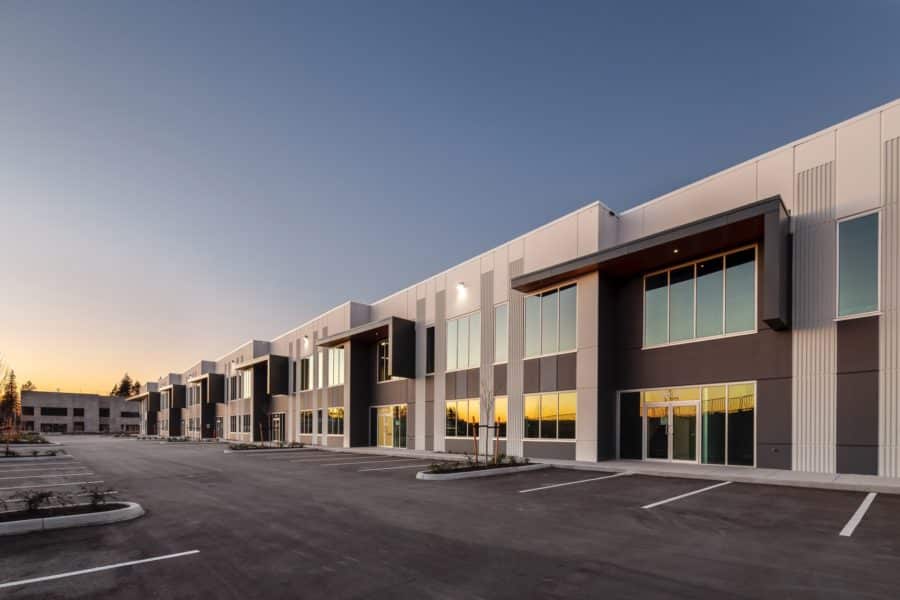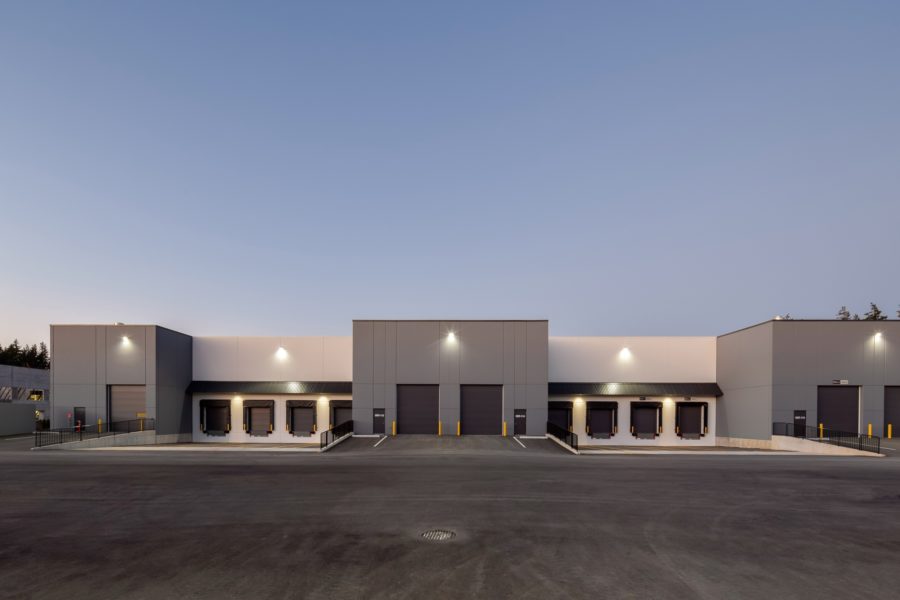Nancy Lanthier, (THE GLOBE AND MAIL) — With a temperate ocean climate, gardens and heritage architecture, Victoria is often considered one of the most appealing cities in Canada. But it is also one of the most expensive places for businesses to lease workspace.
Victoria’s 0.7-per-cent vacancy rate for industrial space is the lowest in North America, and its lease rates are the highest in Canada, according to the latest data from CBRE, a leading commercial real estate services firm.
Entrepreneurs who do manage to find scarce industrial space will pay rent that has risen 15 per cent in the past year to $16.50 a square foot – higher than Vancouver’s average, at $14.55 a square foot, and Toronto’s, at $10.25 a square foot.
With a steadily growing population on an island constrained by water and mountains, and with technology continuing to disrupt traditional ideas about the role and location of industrial space, CBRE predicts Victoria will maintain its title as Canada’s strongest industrial real estate market for the foreseeable future.
Giant developers getting in on the game for the first time include Vancouver-based Beedie and PC Urban Properties Corp., under its IntraUrban brand. The companies have snapped up two rare industrial-designated lots, with construction to begin next year.
The companies bring with them a new type of industrial development for the city, one that has started to prove successful in the tight, expensive Vancouver market: strata industrial builds, or industrial condos – large, industrial park developments where the units are sold, not leased, and buyers pay monthly strata fees for maintenance and communal amenities.
“Victoria is just starved for industrial space,” says Brent Sawchyn, chief executive officer of PC Urban. “There hasn’t really been anything like what we are offering in the area and we thought it would be a good opportunity.” PC Urban’s project includes a trio of industrial strata-unit buildings on a five-acre lot, located in the Greater Victoria municipality of Colwood.
Victoria’s high and rising land value makes it easier to justify developing and selling, Mr. Sawchyn says. The average sale price for industrial land has reached $300 a square foot – the second highest rate in Canada, behind Vancouver’s average, at $390, and Toronto’s, at $258, CBRE says.
In Canada, the industrial strata concept has primarily been a Vancouver phenomenon. But now in Victoria, business owners are also seeking shelter from the relentless trajectory of leases by favouring strata.

“The cost of servicing a mortgage is probably less than the prevailing lease rate,” Mr. Sawchyn says. “And there’s the comfort of businesses controlling their own destiny, while building equity. With a lease you’re always at the vagaries of the landlord. And I think, right now, many business owners are having this eye-opening experience: ‘There’s not enough land available; if I don’t get something now, I may never get another opportunity.’ “
PC Urban’s IntraUrban Colwood development will feature 30 light-industrial units and six office units with sizes ranging from 1,500 square feet and up. It’s the company’s tenth strata industrial project in B.C., all of which have been swift to sell. The Colwood brochure hypes attributes that are key to the PC Urban brand: prime location and an emphasis on architectural design. “Almost too good to be industrial,” it says.
Beedie, Western Canada’s largest private land owner and developer, was a pioneer of the industrial strata concept, completing a park in Vancouver 13 years ago. Beedie currently has six industrial strata projects on the go in Metro Vancouver, and three to introduce to Toronto.
In Greater Victoria, Beedie’s first industrial development takes over 13 acres, in the municipality of Langford, B.C.’s fastest growing city. “We really liked the market fundamentals,” says Beth Berry, Beedie’s vice-president of industrial development. “The units will be designed specifically to suit the types of requirements that we were seeing on the island.”
“The units will be designed specifically to suit the types of requirements that we were seeing on the island.”
Strata units have the flexibility to be manufacturing centres, showrooms, warehouses and loft office space. They can accommodate Victoria’s technology sector (the seventh largest in Canada); rapidly expanding, same-day e-commerce operations; evolving needs of food services, and scores of other forms of light industry. The strata units will feature “high ceilings to accommodate a mezzanine for office space, well-designed lighting for that office, and increased power supply to run automation systems and large equipment such as electric forklifts,” says Rowan Hicks, Beedie’s director of industrial sales.
For now, buyer interest in Victoria’s nascent strata industrial scene is mostly from owner-occupiers, says Cory Wright, president of Vancouver-based William Wright Commercial, which recently expanded into Victoria. But some investors are circling in on the action. That early Beedie project, in Metro Vancouver, initially sold for about $175 a square foot. In Victoria, a small, 13-unit strata industrial project, by a local developer, has sold out, Mr. Wright says. “Seven buyers were investors,” he notes, with buyers paying between $325 and $350 per square foot.
“Because the vacancy rates are so low, we’re starting to see investors come into the marketplace,” Mr. Wright says. “The returns make a lot of sense. As the pricing of these assets get higher and higher, we could run into a position where some of the smaller, potential owner-occupier buyers unfortunately get priced out.”

Going up: Vancouver’s multilevel industrial developments
Canadian cities could run out of warehouse space “before year’s end,” predicts a report released in April by CBRE. The country’s industrial space vacancy rate has dipped to 2.9 per cent, the lowest on record.
The soaring demand, in large part owing to the expansion of e-commerce – which doubled in the past year, according to Statistics Canada – is taking industrial development to new heights.
In land-constrained Metro Vancouver, developers are embracing verticality, according to 2021 trends report by Avison Young. Developers currently building multilevel buildings for light industrial businesses include Wesbild Holdings Ltd., PC Urban, Chard Development Ltd., Wall Financial Corp., Oxford Properties, Union Allied and Conwest Group. The latter company, with two projects on the go, built Canada’s first multilevel industrial complex, East Vancouver’s Ironworks, which won the 2020 NAIOP award for best industrial development.
Strata buildings feature high-speed freight elevators, customizable well-lit space, many with floor-to-ceiling windows, patios and common-area amenities such as an on-site restaurant, fitness room or rooftop deck, according to marketing material for the sites.
Multistorey industrial space has its roots in Asia. “In Hong Kong you’ll find industrial tenants occupying 12- and 14-storey buildings,” with the highest on record there at 22 storeys, Mr. Sawchyn says. “We’re not quite there,” he says. “Yet.”
To view the full article, click here.